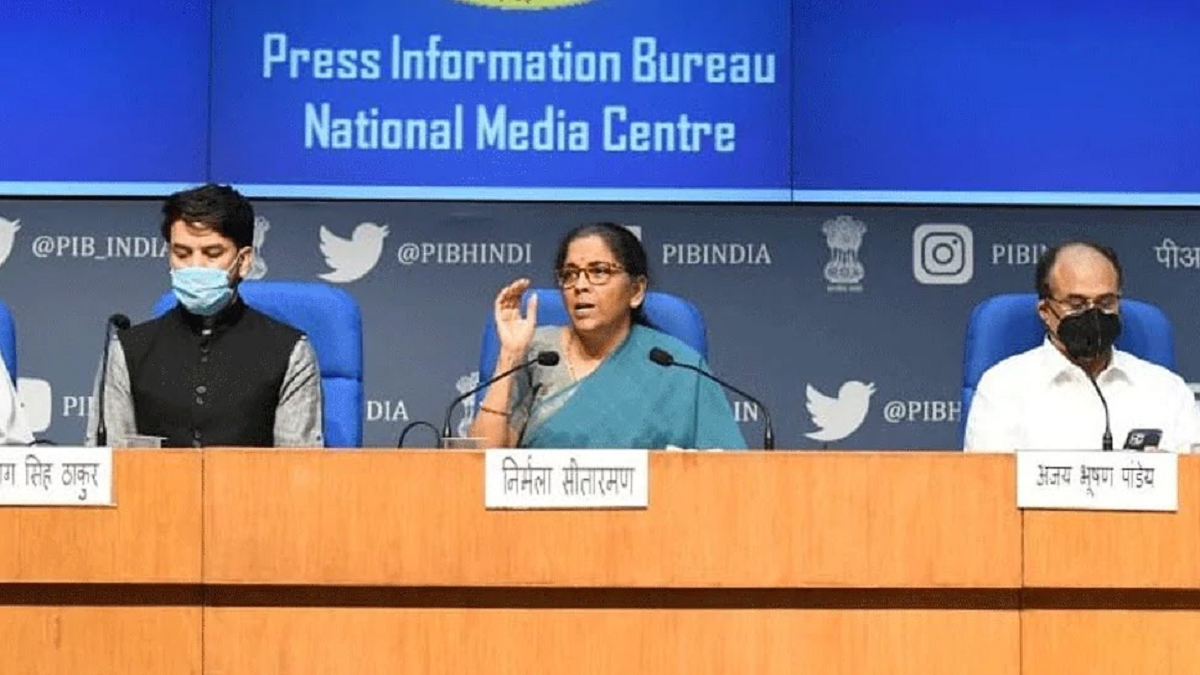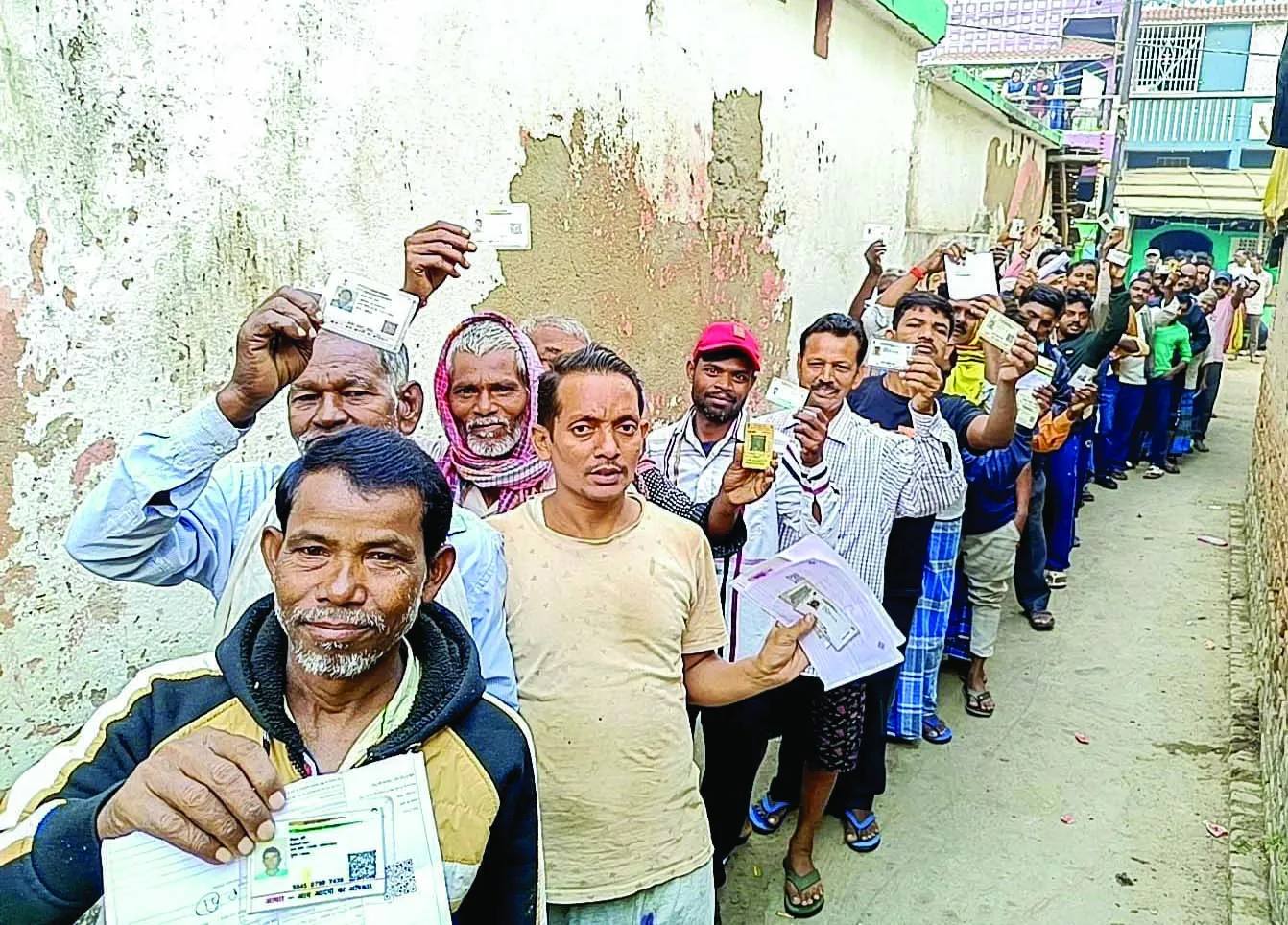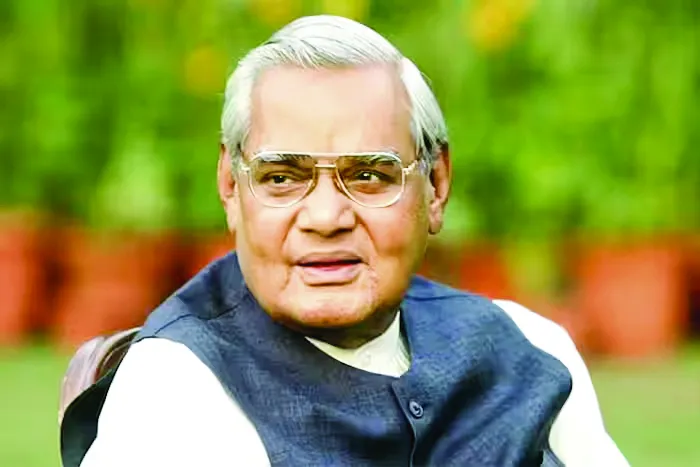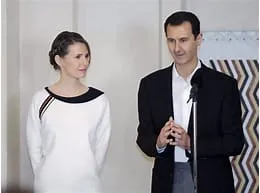Quite a lot of water has flowed down the Ganga since the flurry of announcements over five consecutive days by Union Finance Minister Nirmala Sitharaman on the generous incentives being planned for Indian Industries. For industry watchers, it was obvious the announcements were a part of Prime Minister Narendra Modi’s stated aim to create an “aatmanirbhar” and selfreliant India. Once again, it was clear that the intentions were good but we have to estimate whether they will succeed within the prevalent administrative structure that we have followed for the last seventy years. Once again, we should not to be fooled by the tale of “The Emperor’s New Clothes” and so it is the right time now to bring in an administrative cadre which is mandated to facilitate these well-intentioned statements. The current system of governance is hampered by an approach that will continue to vacillate away from delivery, as in the past.
The announcements made by the Finance Minister, when coupled with all the subsidies given to various sections of the Indian populace have made the coffers of the Indian government touch rock bottom. It is abundantly clear that whatever we do or plan to do, it requires generous dollops of money. This is not just a simple matter. We have to ensure that from now on the Indian government gets larger financial resources and money from commercial activity within our own country.
The recent shocks on our northern border have made us finally realise the importance of self-reliance. The irony is that the Chinese have shown us the writing on the wall. China has already built a vast industry which has generated massive surpluses for the Chinese economy, and it is that money which has enabled them to build a military machine to back up their huge financial muscle. This they now use to dictate terms not only to their neighbours but to the whole world at large. China has used its finances more than its military, and with resounding success. If we are to retaliate to such threats, then our nation also has to build large financial resources. That, in black and white, is the key.
Unfortunately, at this moment our funds are stretched not only with the Chinese-origin coronavirus, but also the requirements of our defence forces and necessary support to our industrial base, as also to our large, currently jobless migrant population. Now this realisation has reached the attention of the highest level in our country, and it is a well-known fact that Prime Minister Narendra Modi is himself steering the economic ship.
On a parallel track, hopefully the Indian government is now finally contemplating some critical and vital administrative reforms without which a lot of plans are doomed to be stillborn. Those entrusted to rejig the system would be fully aware that this is not a matter of mere arithmetic where, for example we just reduce the total number of national and state civil services from fifty to twenty; or to just further simplify procedures, even reduce the financial burden of our officialdom. Such efforts to streamline the existing procedures are also welcome, but administrative reforms will be incomplete, unless we change from the age old obsolete systems of governance and build a completely new administrative structure. Therefore, it is now imperative to create some new and relevant civil services which will meet the requirements of today’s day and age. The most important officials and administrators have to initially be those that can facilitate and implement the Finance Minister’s multiple announcements. This will be possible only through a newly established service cadre which would look after the commercial aspects of India’s economy and become the paramount service if we are to fulfill the dream of the Prime Minister. Our current civil services are more in regulation and not at all facilitation.
Indian industry if encouraged to grow, will generate larger turnovers that will enable higher taxes to go into the government’s coffers. This new commercial cadre would ensure this and also look after our external commercial interests, realising fully well that our foreign policy and our military posture are dictated by our internal economic base and also our overseas economic interests. As one example, it is not out of place to say that the fiasco at Chabahar was certainly avoidable if we had a commercial service dedicated to looking after India’s economic interests. The Chabahar issue shows that diplomacy has its limitations as it is not geared to look into the economic angle. Our diplomats had done their job by balancing our international relations with Iran, in spite of the protestations of the United States, especially since the Iranian partner in the railway project was a company owned by the Republican Guards. But at the end of the day, the Chabahar project was also a matter of money and given the example of Sri Lanka and other African countries that have buckled in the face of massive Chinese lucre.
For us as a country to come up in the comity of nations we must realise that it is money that makes the world go round. It is money that funds all the requirements and projects of any nation. At this moment among many examples, there are two hard pointers to show how difficult it is without necessary funds. One is that some state governments, including Delhi and Punjab, realised that even to pay their salaries they would have to open the alcohol shops to generate income. This is how desperate the situation can be. There is another example where young revenue officers drew up a plan to increase government revenues by simply increasing the slabs and percentages of taxation in nearly every area. Fortunately, so far better sense has prevailed. But from all this it is imperative to see that the most lucrative area for revenue income is a larger industrial base. Simply raising taxes would even kill the remaining comparatively small industrial base that we have today. The time has come that the industrial base of India has to grow. We must generate our own money surpluses and move away from the dangerous prescription of managing our economy essentially on inward investments.
To understand why our system does not keep up with our own political intentions, we need to go back to our education system that till now works on the basis of learning through rote. As an example you can get into St Stephen’s College if you have more marks in your school leaving result. Similarly, you also get into the civil services if you pass an exam which is also based on how much knowledge you can regurgitate at that point of time. The fault of all this is that there is no check to see whether a person can apply this knowledge. To further illustrate this, consider the case of a medical doctor who has to apply his knowledge from the very first day. If he prescribes a wrong medicine, he will be out of business, but worse he can kill a patient! However, he will get more and more patients if his prescriptions are good and effective. In fact, for a faulty decision he can even be sued. Now take the case of our administrative services — in their case the patient is ‘India’ but whatever they prescribe and administer has no effect on their career, even if their decisions make no improvement to our people. Clearly, the new suggested commercial cadre will have to be those people who are gleaned and selected from within our present administrative services, based on tests to show a track record that they have the ability to apply their knowledge. To implement India’s economic interests, it is not necessarily the job for a person who is capable of being a doctoral fellow in a university.
Rather than develop our own systems of governance, we have built many systems in India by copying Western countries. A foreign jaunt can only work selectively. It does not work when we model our cities on Western cities which do not have housing for drivers, cooks, watchmen, maids and such domestic staff. This copycat system has meant that near our affluent residential areas there are jhuggi-jhopdi colonies for accommodating such domestic staff. Then the administration wants to demolish these clusters as unauthorised construction. This is an example of copying without application of mind.
Instead, we should learn from the model of all those countries that have succeeded in cultivating industry by removing the unpredictability of policies, taxation, rules, etc. It is unpredictability that keeps away investment, and we need a new service to bring in predictability so that entrepreneurs — Indian or foreign — can plan their future.
The writer is an entrepreneur who has worked in quite a few key areas that have been critical to the process of nation-building, including the railways and oil and natural gas exploration. He is also an educationist, currently the Chairman of the Welham Boys’ School in Dehradun.













